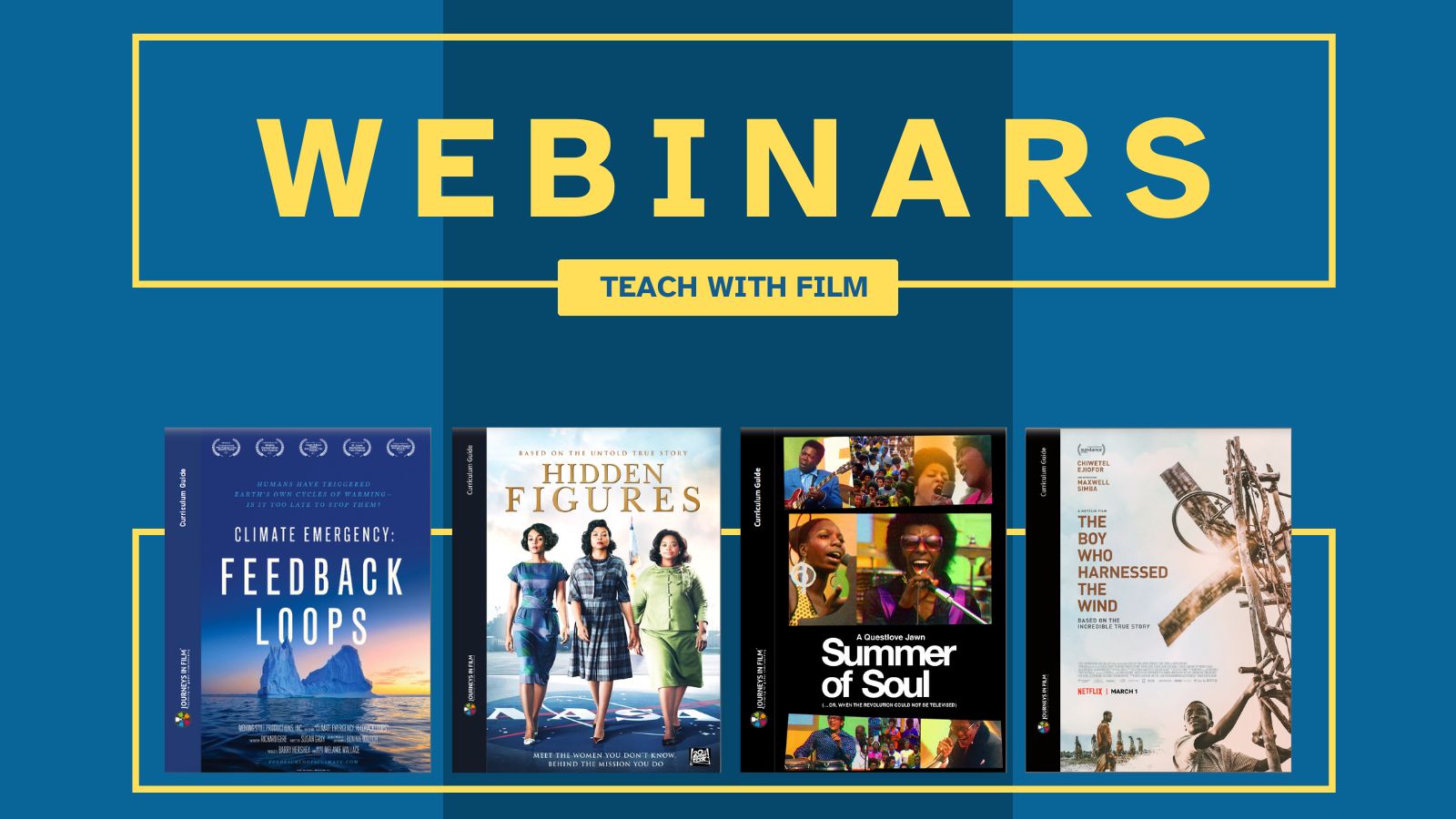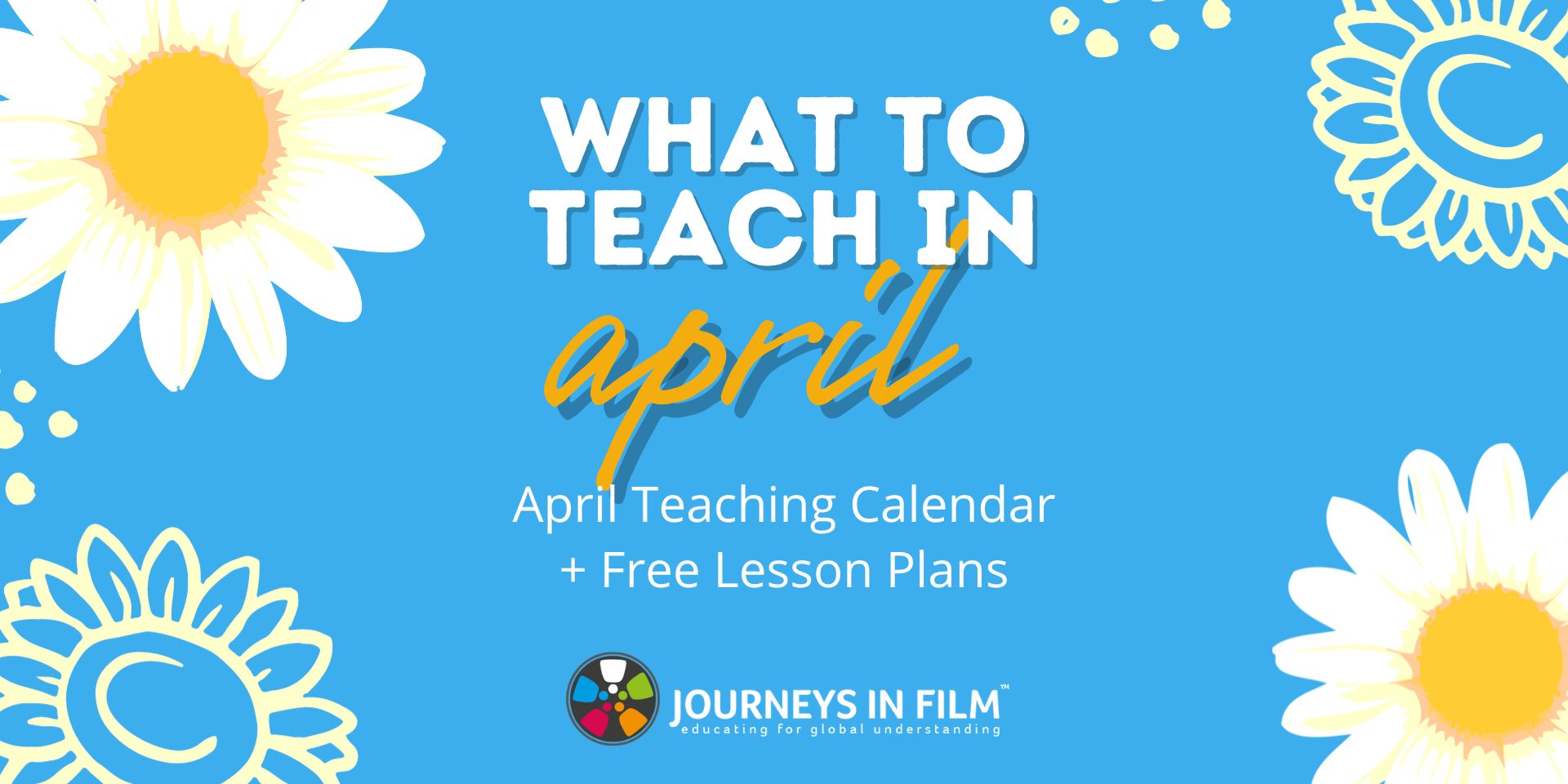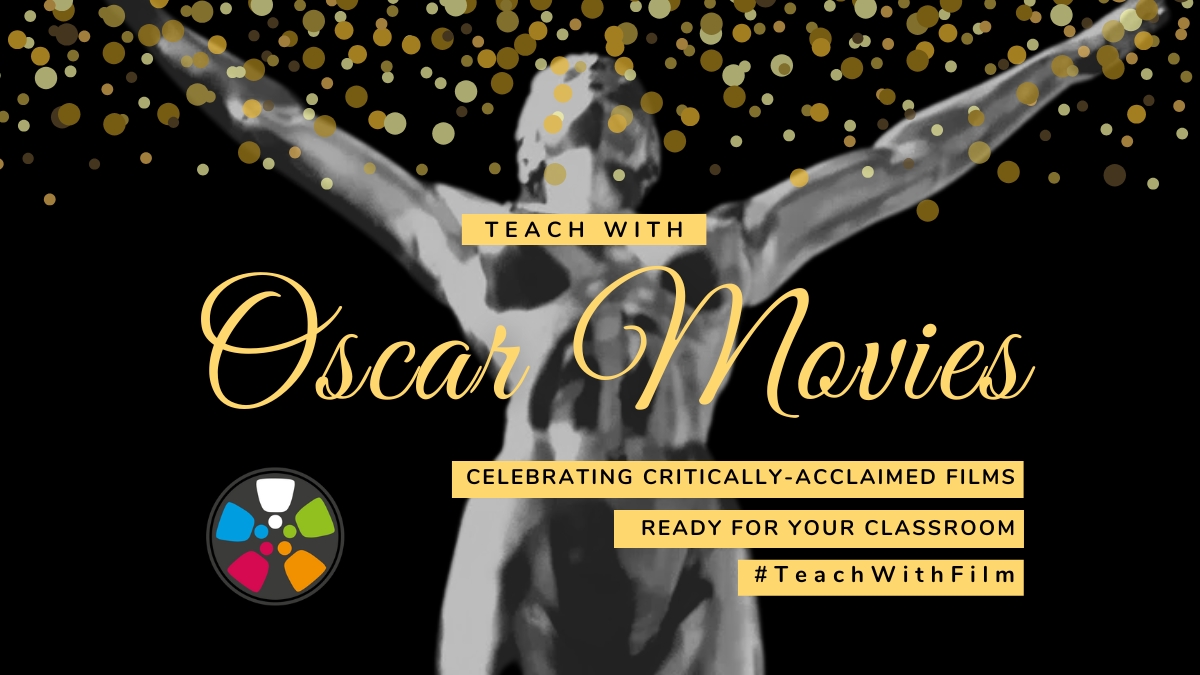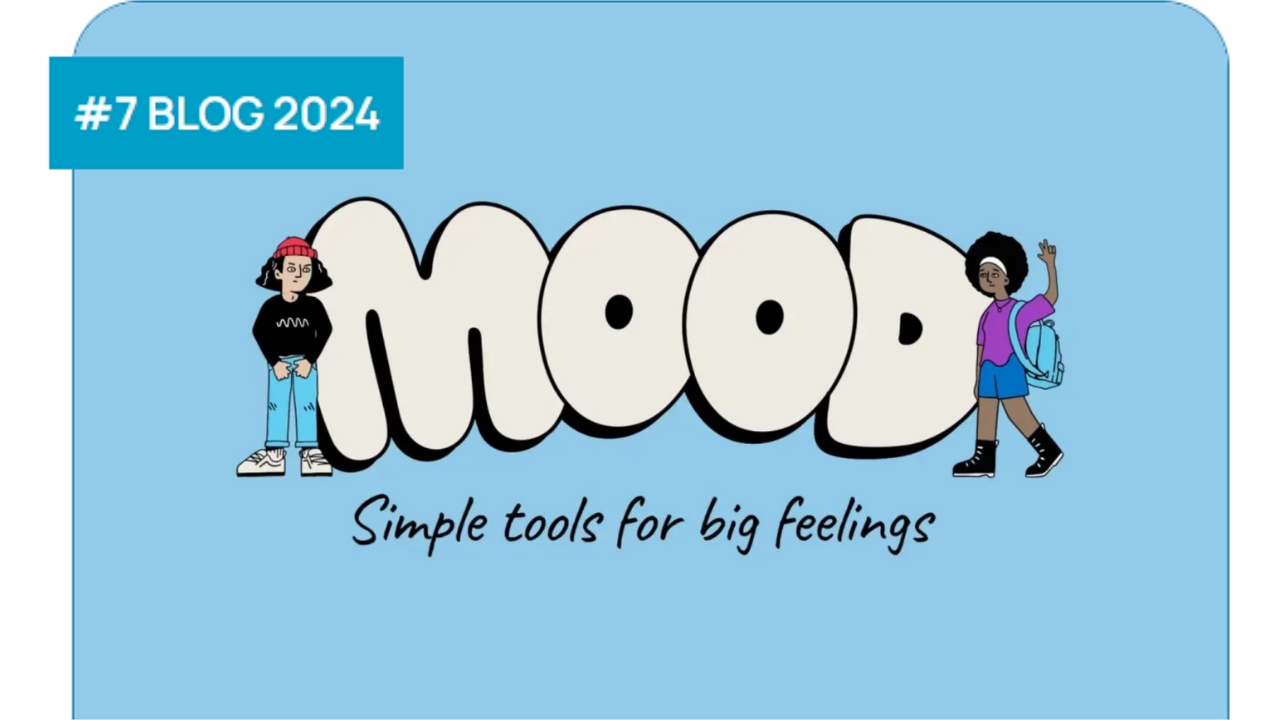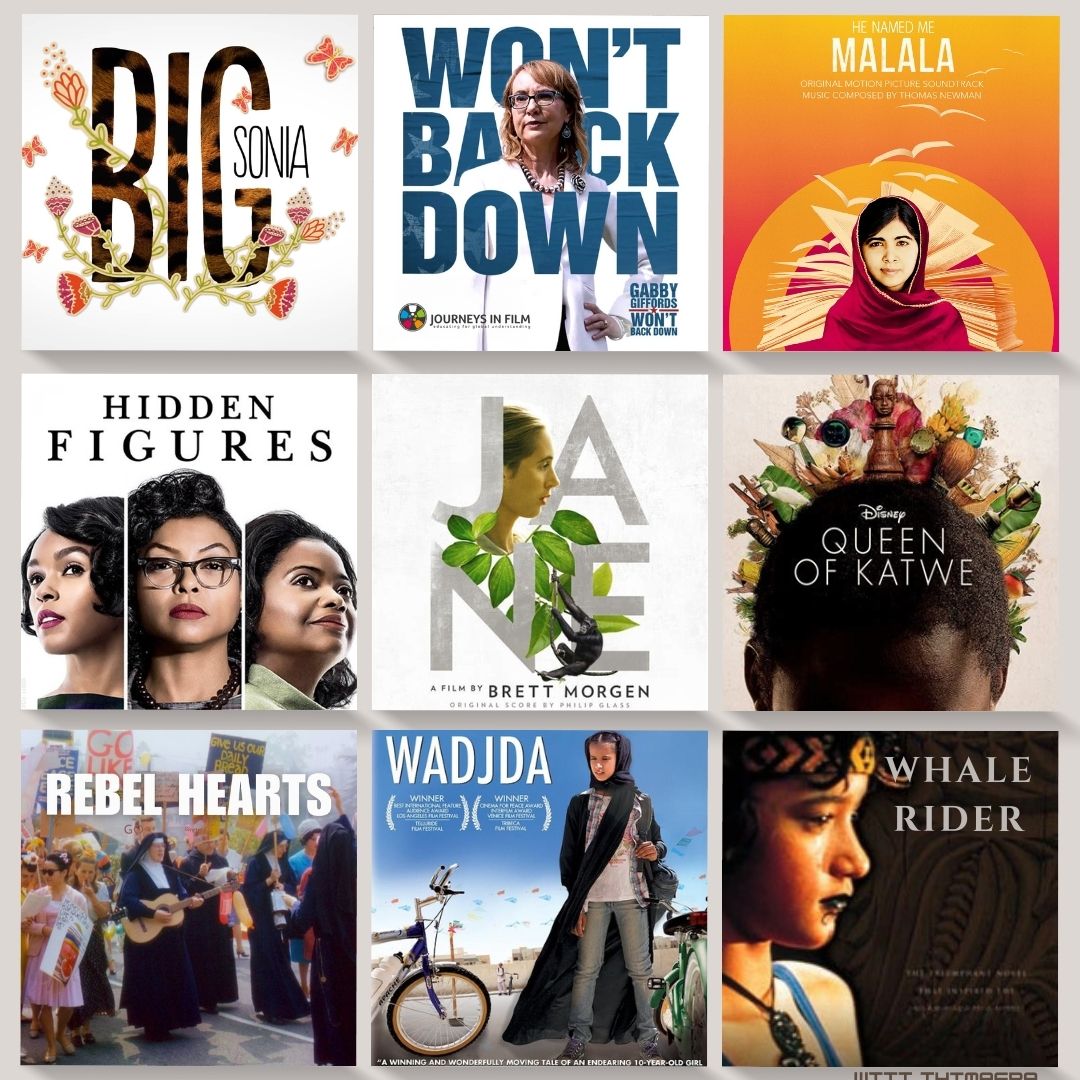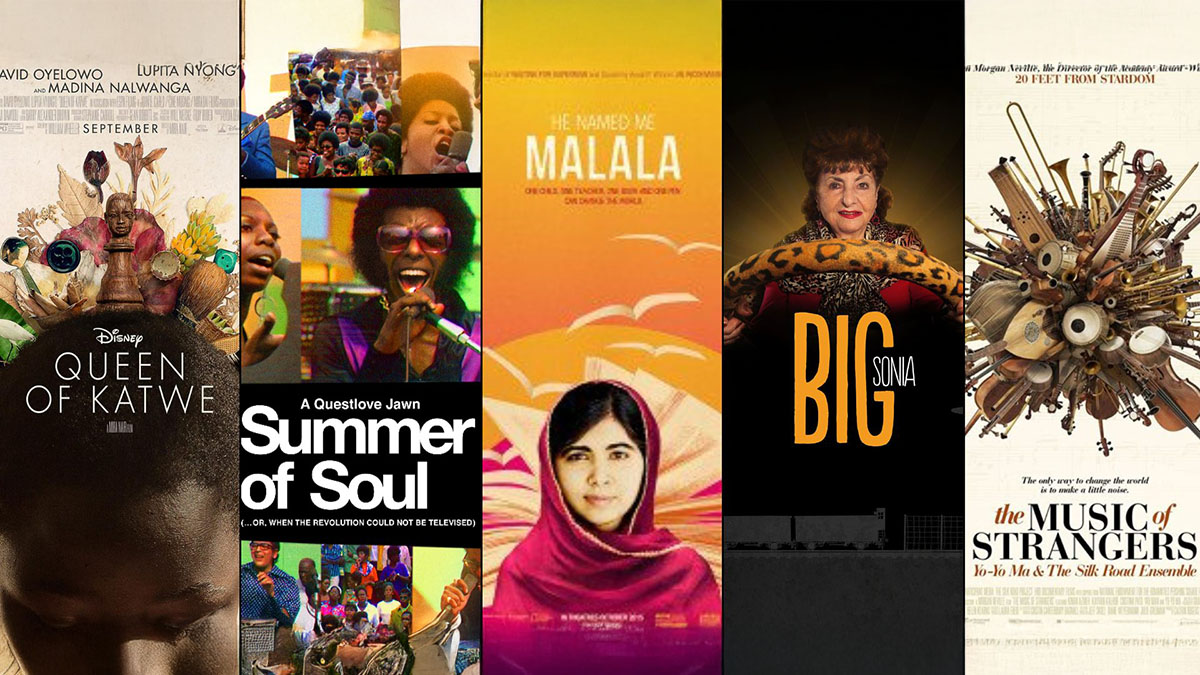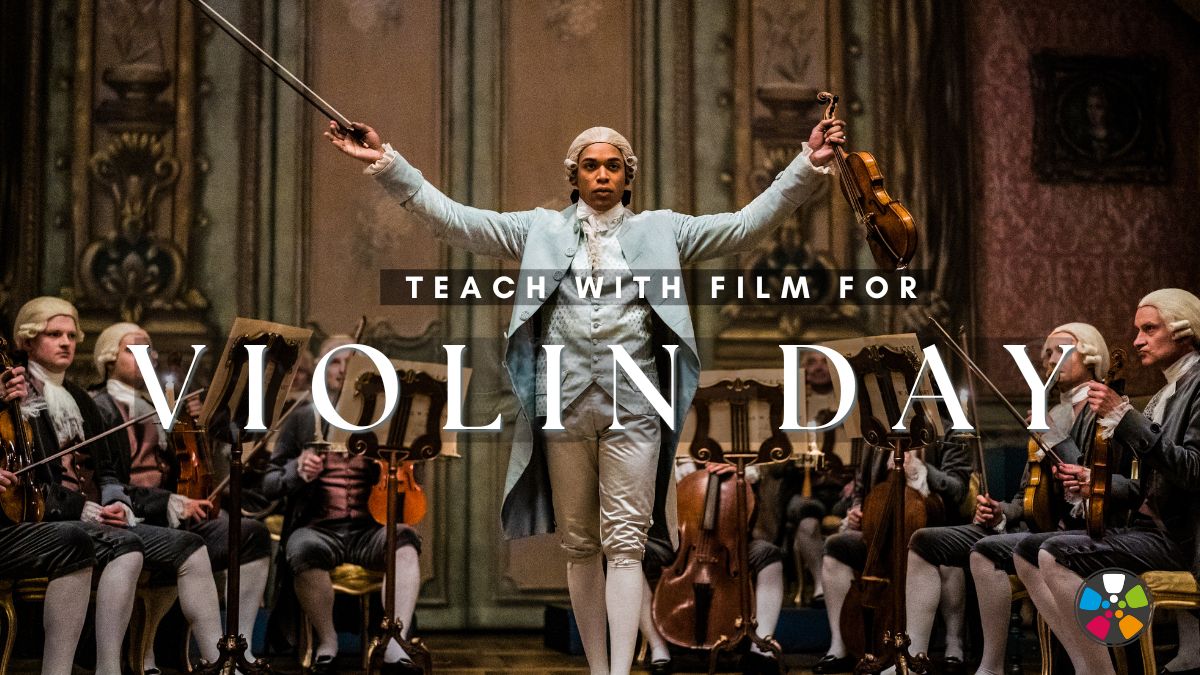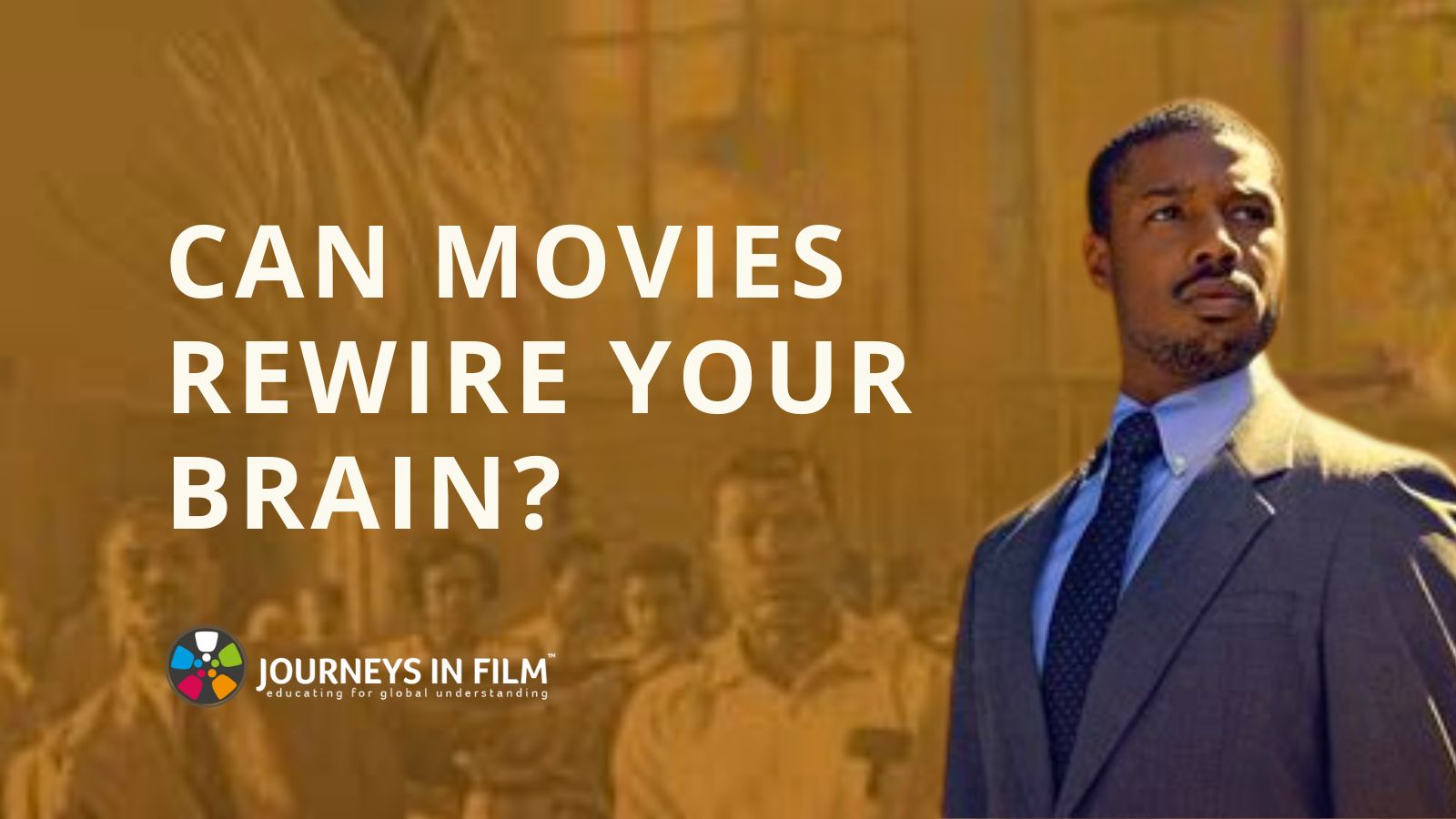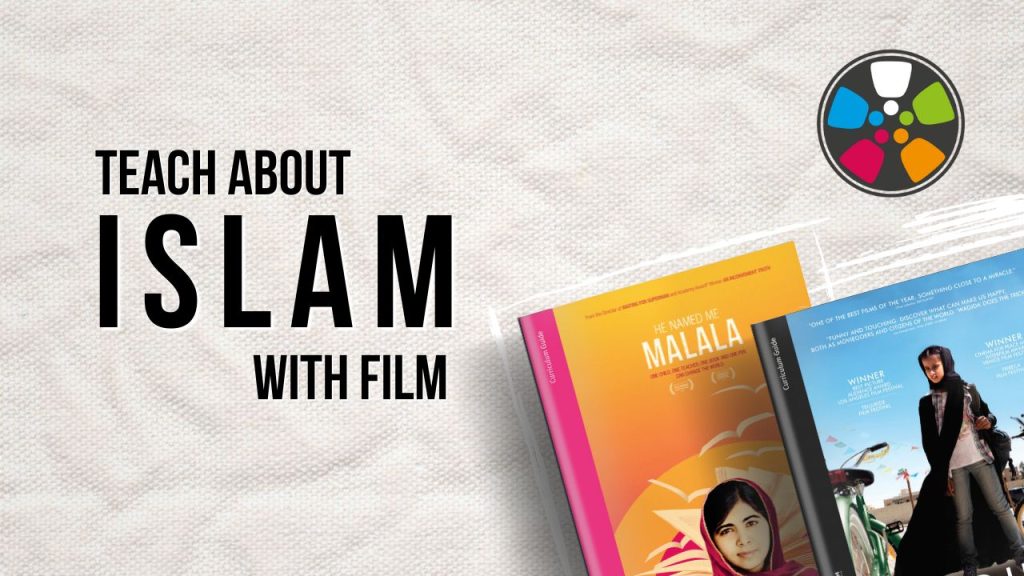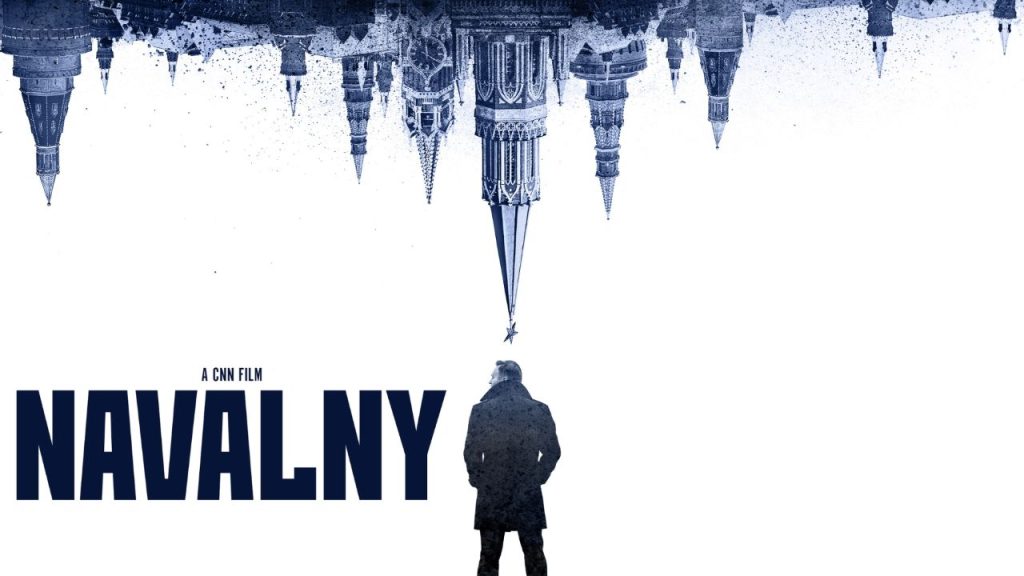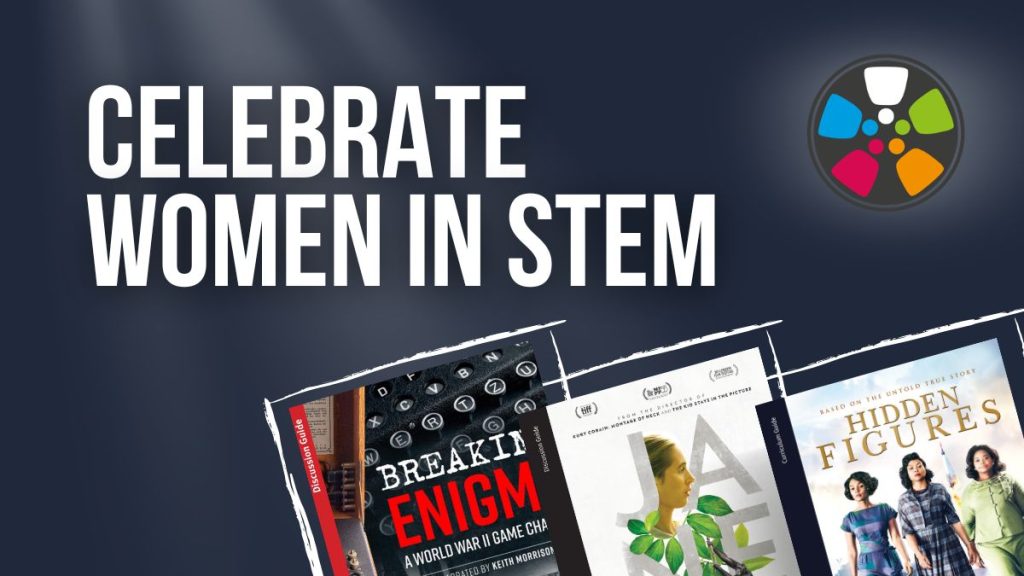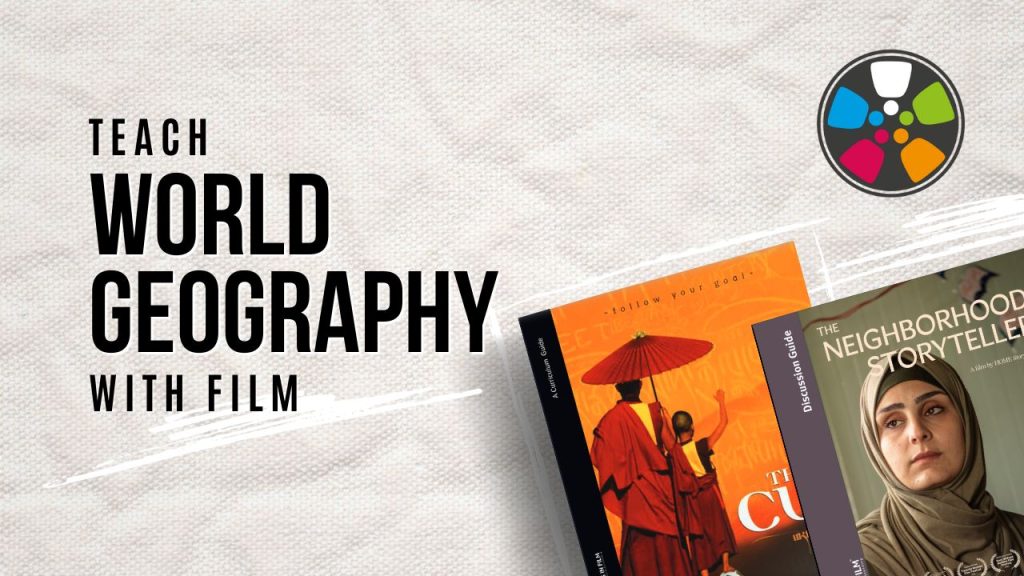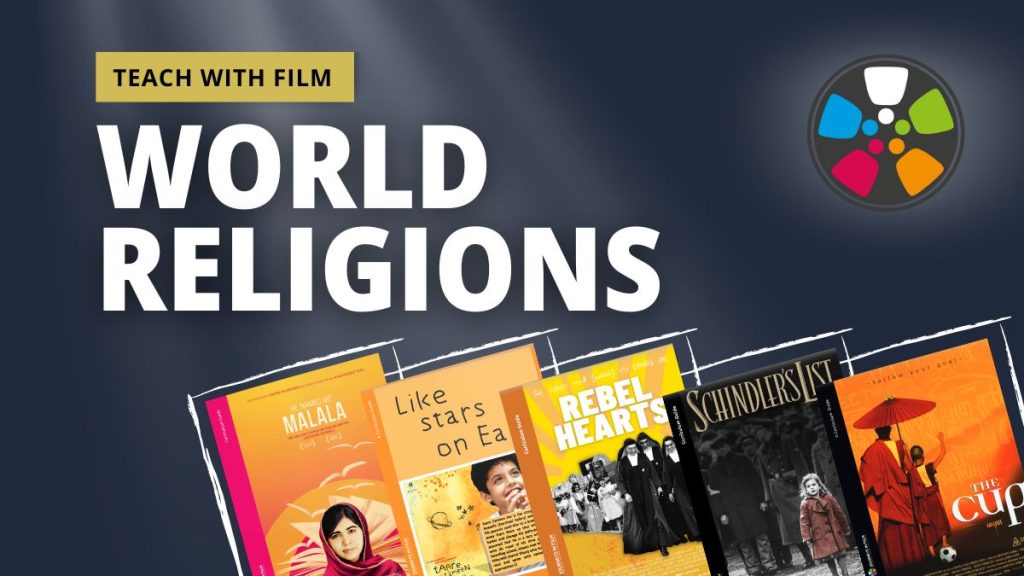Teaching Tips
Get Students Excited about Service Learning with Film
Looking for service learning lessons and community service projects for your classroom? Film is a powerful tool to excite students about service learning: it provides an intimate and engaging look at the work of contemporary activists, many of whom are young people themselves, who are making a difference in the world. Our films show students […]
Read More ›Making Professional Development Easy with Journeys in Film Webinars
Deepen your skills for teaching with film with Journeys in Film Professional Development Webinars. These teacher training sessions are available free, online and on-demand. Earn one hour of PD credit upon successful completion of each webinar. Participants will gain tools to boost student engagement and teach critical thinking across the curriculum. New in 2025! Teach […]
Read More ›What to Teach in April
Here are guides and other suggestions for educators, homeschooling individuals, community groups, and others for what to teach in April! Celebrate Earth & The Environment April is Earth Month! Plus April 21 – 27 is Earth Week, April 22 is Earth Day and April 26 is Arbor Day. We have collections of teaching resources that […]
Read More ›Teach with Oscar Movies
Teach with Oscar movies to boost student engagement across the curriculum! We are proud to offer free, classroom-ready lesson plans and discussion guides to make it easy to teach with Oscar winners and Oscar-nominated films. Bridge of Spies Bridge of Spies received six nominations. They were for Best Supporting Actor (Mark Rylance), Best Picture, Best […]
Read More ›Journeys in Film is a Top SML Resource of 2024
We’re thrilled that our article on Creating a Calm Classroom is part of the Best of Share My Lesson 2024! Check out these free tools and resources to help students manage big feelings: Creating a Calm Classroom at Share My Lesson. More of the Best at Share My Lesson Journeys in Film has been honored […]
Read More ›Women’s History Month: Teach With Film
Free Resources for Women’s History Month These free resources to support you through Women’s History Month that all take advantage of the power of film. They include core-based lesson plans, fully prepared and ready for immediate classroom use, as they highlight the stories of women who are changemakers, thought leaders, scholars, scientists and much more. […]
Read More ›Windows and Mirrors: Building Belonging Through Literary Perspective
When I first learned about the idea of windows and mirrors in literature, I felt a lightning bolt of recognition. As an English teacher, I appreciate when my class has a shared language around the semester’s enduring questions. Learning a concept early on and returning to it as a metaphor throughout the class discussion and […]
Read More ›What to Teach in January
Here are guides and other suggestions for educators, homeschooling individuals, community groups, and others for what to teach in January! January Teaching Highlights January is National Mentoring Month. Queen of Katwe is the perfect film to inspire a new generation of mentors. January 15-19, 2024 is GLSEN No Name-Calling Week. Like Stars on Earth is […]
Read More ›Violin Day Teaching Resources
Looking for ways to teach with film for Violin Day on December 13? Celebrate Violin Day with these beautiful films featuring violins and violinists plus our free teaching guides with lesson plans that cover subjects across the curriculum including Music Education, Language Arts, Social Studies, History, Environmental Science and more! Four Great Films to Teach […]
Read More ›Can watching movies rewire your brain?
New Stanford research finds that when people lose themselves in a story, they become more empathetic: “According to findings published Oct. 21 in the Proceedings of the National Academy of Sciences, watching Just Mercy increased participants’ empathy for the recently incarcerated and decreased their enthusiasm for the death penalty.” – The Hollywood Reporter, October 23, […]
Read More ›
